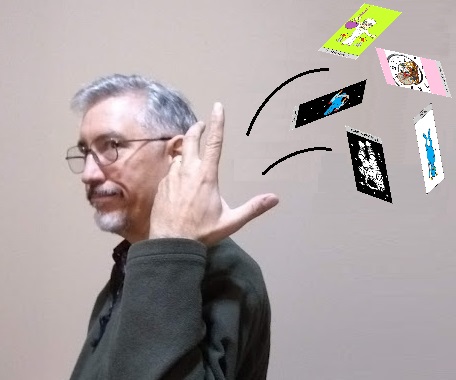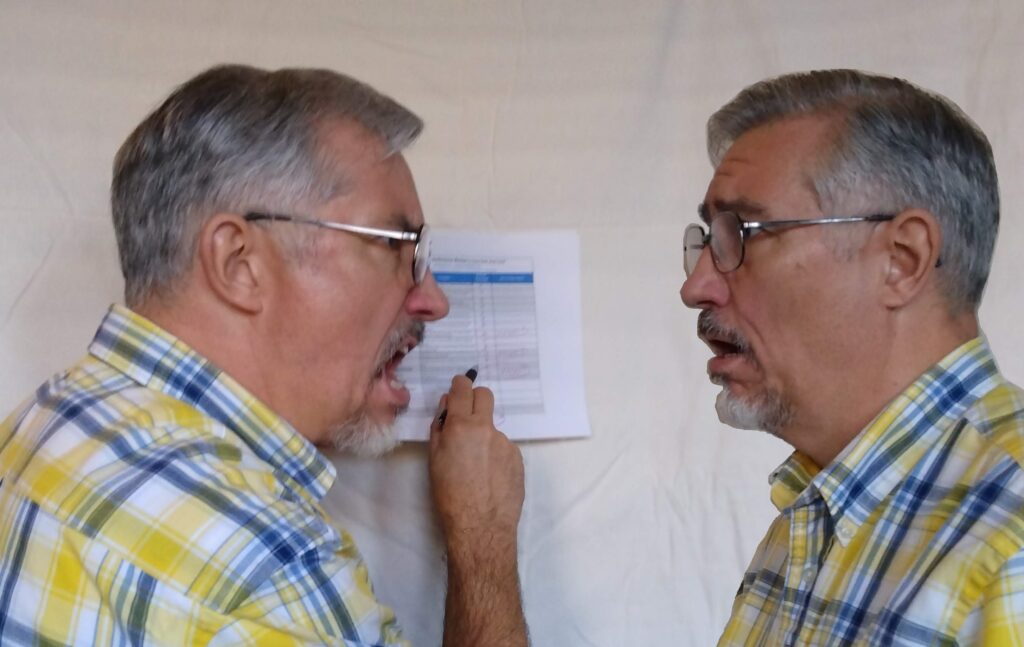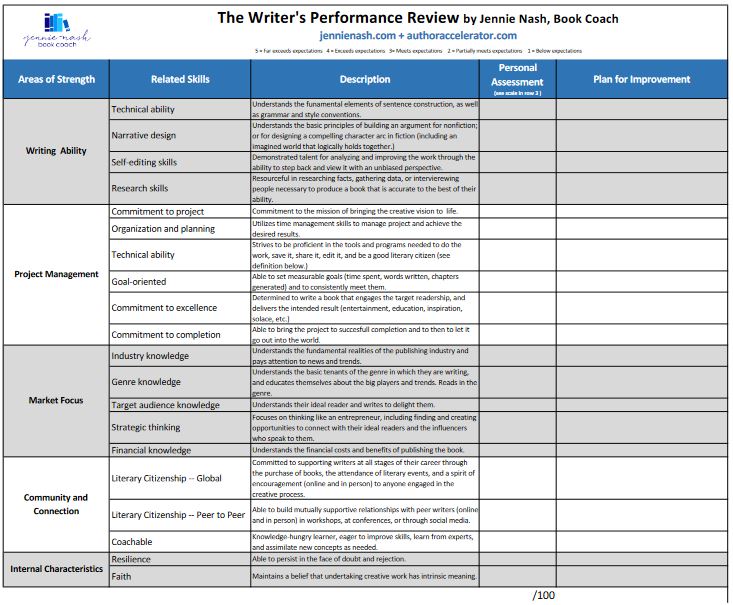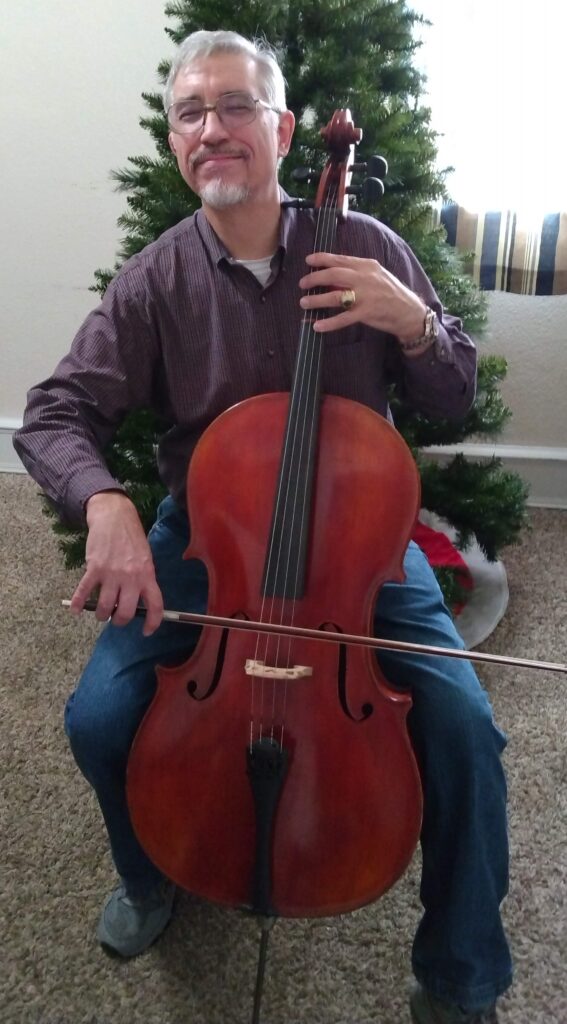Yes, it’s true, not all of my previous year’s predictions have proven accurate. But some have. Rest assured, though. I’ve abandoned the flawed methods I used back then. Those crystal balls, tea leaves and tarot cards are for amateurs.
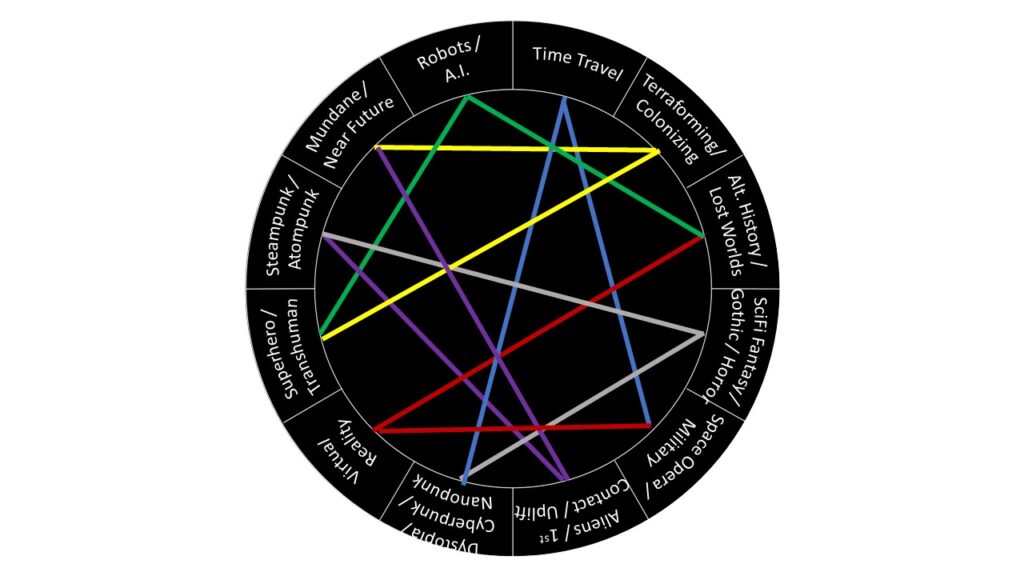
I spent all of 2021 working on a special astrological chart for science fiction literature. After all, it’s only natural to turn to the stars for scifi trends, right? Here are my predictions for 2022:
- Games and Virtual Reality. This recent trend will continue in 2022 as authors explore the landscape of these settings. Moreover, readers will enjoy the escapism aspect of these stories.
- UFOs/UAPs. As the government promises to release data on UFOs or Unidentified Aerial Phenomena, scifi authors will capitalize on the public’s interest in these sightings.
- Pandemic. After predicting this last year, I realize I was a year ahead of myself (it happens, in this prognostication biz). 2022 will be the year for pandemic scifi. Expect bizarre diseases with weird symptoms.
- Post-pandemic. As we emerge from the COVID-19 Pandemic, scifi writers will give us tales of humanity returning to normal after devastating pandemic diseases.
- Private space exploration and tourism. Another example of me misreading the tarot cards. It wasn’t 2021, but will be 2022 when we read scifi novels featuring billionaire-funded space travel, both for tourism and exploration.
- Humor. We’ll see a welcome surge in funny scifi, just in time to meet the public’s need for a lighter mood.
- CliFi. Many readers and scifi writers share concerns about climate change, which will inspire new novels about how humanity copes.
- AI. Artificial Intelligence will continue to prompt the scifi of 2022 as it has for years now. I predict stories involving the whole spectrum of AI, from specialized AI capable of one type of task, to general AI similar to human intelligence, all the way to superintelligence.
Personal Predictions
As a bonus, here are two prophesies involving me:
- The North American Jules Verne Society will publish its first anthology of short stories, titled Extraordinary Visions: Stories Inspired by Jules Verne. I’m on the editorial team.
- My collection of short stories about the future history of seasteading, titled The Seastead Chronicles, will be published in 2022.
A year from now, you’ll be amazed at how such accurate predictions were even possible. You’ll be begging for a copy of my secret scifi astrology chart and the instructions for using it. You’ll be kicking yourself for having ever doubted—
Poseidon’s Scribe

